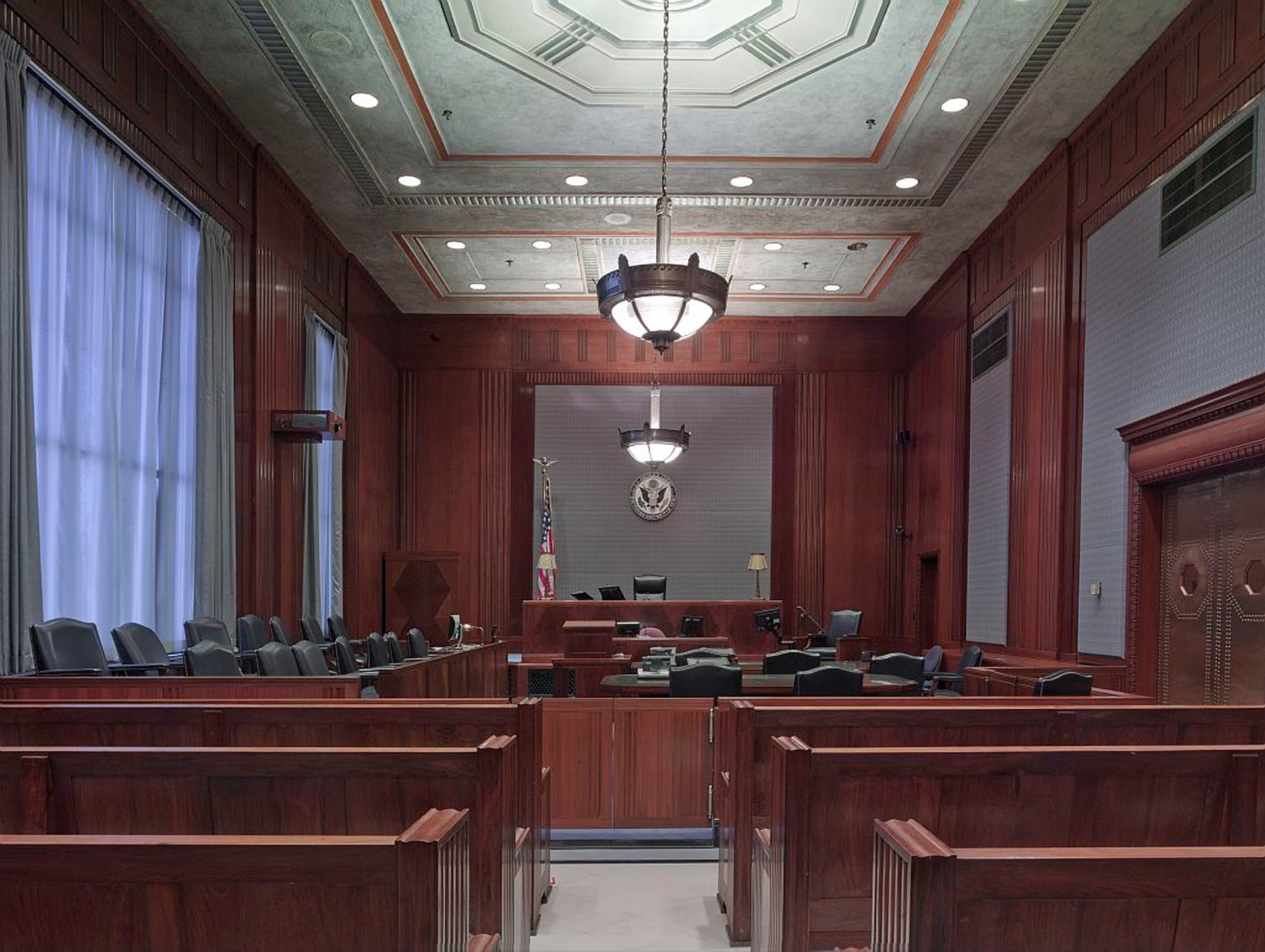Every year, the University of Richmond Law Review hosts a symposium and publishes an accompanying issue of written work. One rising third-year student volunteers as tribute to head up both tasks. To succeed, the law student needs to exhibit excellence in a number of ways that might be more “traditional” when it comes to serving on the Law Review—timeliness, an eye for detail. But the law student must be more—a politician of sorts, emceeing an event that draws hundreds to the law school all the while connecting with a wide-range of personalities and individuals. Clint Nichols fit the bill perfectly.
A native of Winchester, Virginia, Clint graduated from Roanoke College before moving to Washington, D.C., to begin a stint as a staffer for the late United States Senator from Virginia, John W. Warner. Not to be confined to the “world’s greatest deliberative body,” he also served as an advance man on several presidential campaigns—for John McCain, for Mitt Romney, and for Marco Rubio.
In 2012, the outgoing board selected Clint to run the annual symposium and direct the publication of the accompanying book. Being a presidential year, it was only natural that Clint drew on his background (and passion) in politics. Election Law: Beyond the Red, Purple, and Blue was born.
As for timeliness, one could hardly imagine a more appropriate topic for that year.
As for detail, he left none unaddressed. Indeed, in the last minutes before the start of the symposium, Clint was furiously fashioning wire hangers to position perfectly the American flags in the backdrop of the panel. Betsy Ross would have been proud.
As for the politician, that came naturally. From start to finish, he commanded the panels that he moderated, glad-handed all the guests, and made everyone with whom he interacted feel like the most important person there.
After a (brief) break from his duties, he successfully marshaled to publication the symposium book just before our graduation in the spring of 2013.
In short, the Law Review and the University of Richmond School of Law benefitted greatly from Clint’s service on the Volume 47 Executive Board.
Those qualities he exhibited on the Executive Board propelled him to professional success as well—first as a law clerk to United States District Judge Henry E. Hudson, then as a partner at Han cock Daniel.
While certainly proud of those accomplishments, he was most proud of the accomplishments in his personal life. He constantly (constantly) talked about his family. He made life-long friends everywhere he went. He volunteered his time to causes for the better ment of others.
And he wanted to connect everyone he met along the way—no matter how or when the relationship was forged. He wanted his Roanoke College friends to meet his law school classmates—usu ally at Virginia Beach with a beverage in hand. He introduced his law school classmates to his family—making the mistake of bringing them to his parents’ house for a birthday party where we could see his baby pictures in all of their glory. And he wanted to connect his family with those he met volunteering—going so far as to make them one-in-the-same.
Words can hardly express what the world has lost with Clint’s untimely passing. He affected each of us in his own way. And each of our lives was better for it.
– Frank Talbott V







